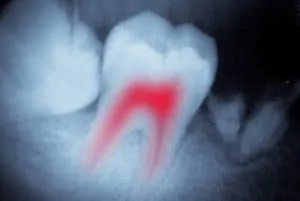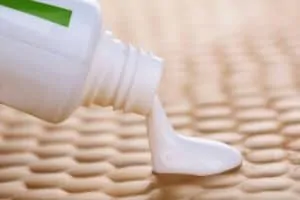
Oral Cancer
Affecting nearly 45,000 Americans each and every year, oral cancer is a very serious concern that, if not treated proactively, could lead to death. While anyone can be affected by oral cancer, some risk factors that increase its likelihood include smoking, excessive alcohol consumption, and yes, age. Oral cancer rates have shown to increase in those over 50, and is most common in those between 60 and 70.
Gum Disease
Another serious problem, gum disease has been shown to not only affect the mouth, but the rest of the body as well. Research has demonstrated a positive connection between gum disease and heart disease, diabetes, and some types of cancer. This is concerning for the older population because 30% of those over the age of 50 have advanced gum disease.
Dry Mouth
A dry mouth is an unhappy mouth and usually means there’s not enough saliva production. Saliva is important to a healthy mouth since it helps wash away bacteria and keep teeth strong. Without it, teeth are at increased risk for attack. This is a concern for everyone, but more so for people 50+. Many times dry mouth can be a result of medication, and as we age, the use of medicine is more prevalent. Make sure to talk with your dentist about all the medications you take.
These common problems can all cause tooth loss if not caught and treated early. The best way to do your part to help keep your teeth healthy for as long as possible is to make sure to visit your dentist in Asheboro twice a year and maintain proper oral hygiene at home.
If you’re worried that you may have any of the issues discussed, even if you’re not 50, we recommended scheduling an appointment with our Asheboro dental office as soon as possible. We’ll discuss your concerns and determine the best treatments to help you keep your teeth healthy for as many years as possible.
Accepting patients from Asheboro, Randolph County, Randleman.















